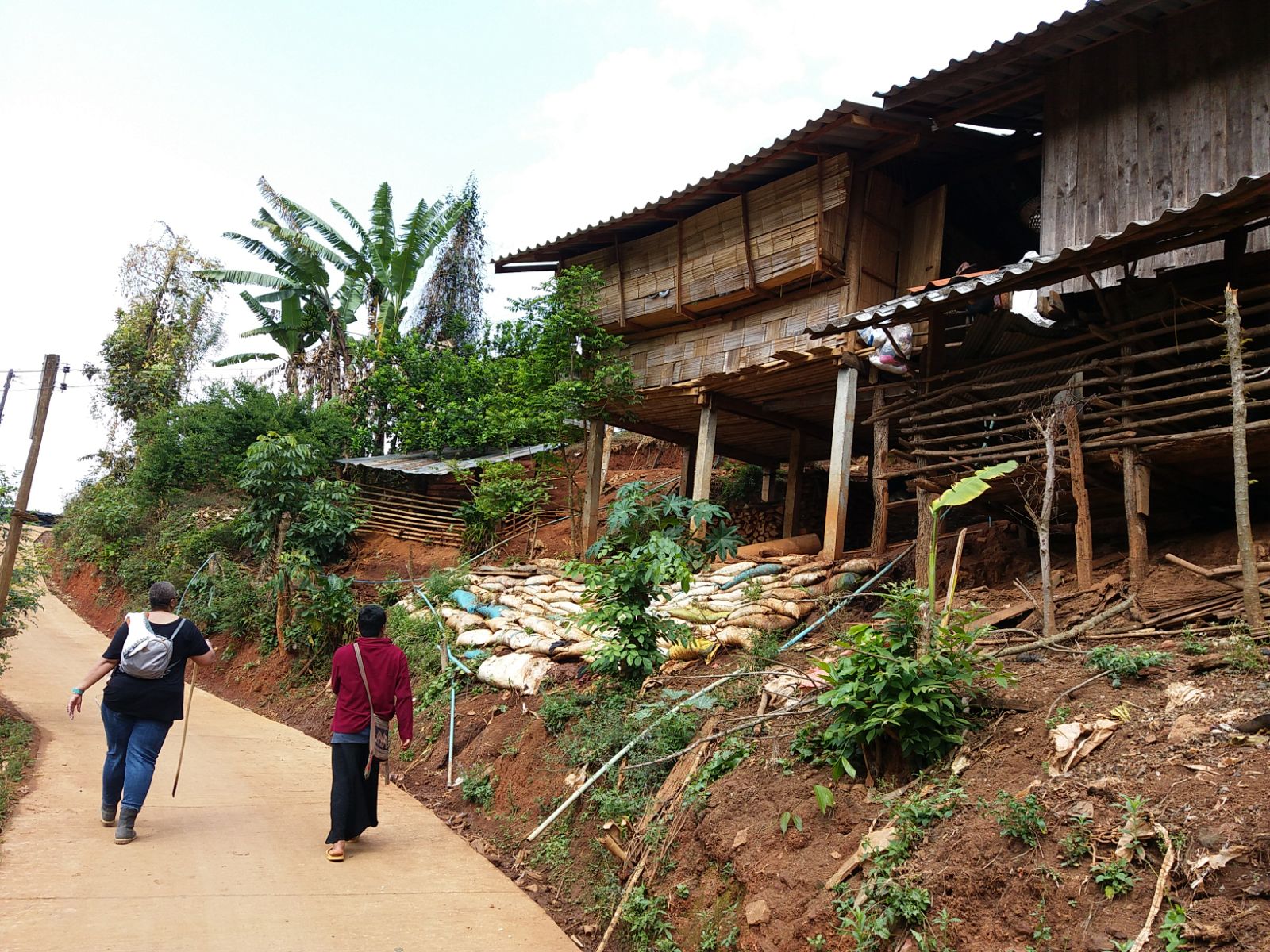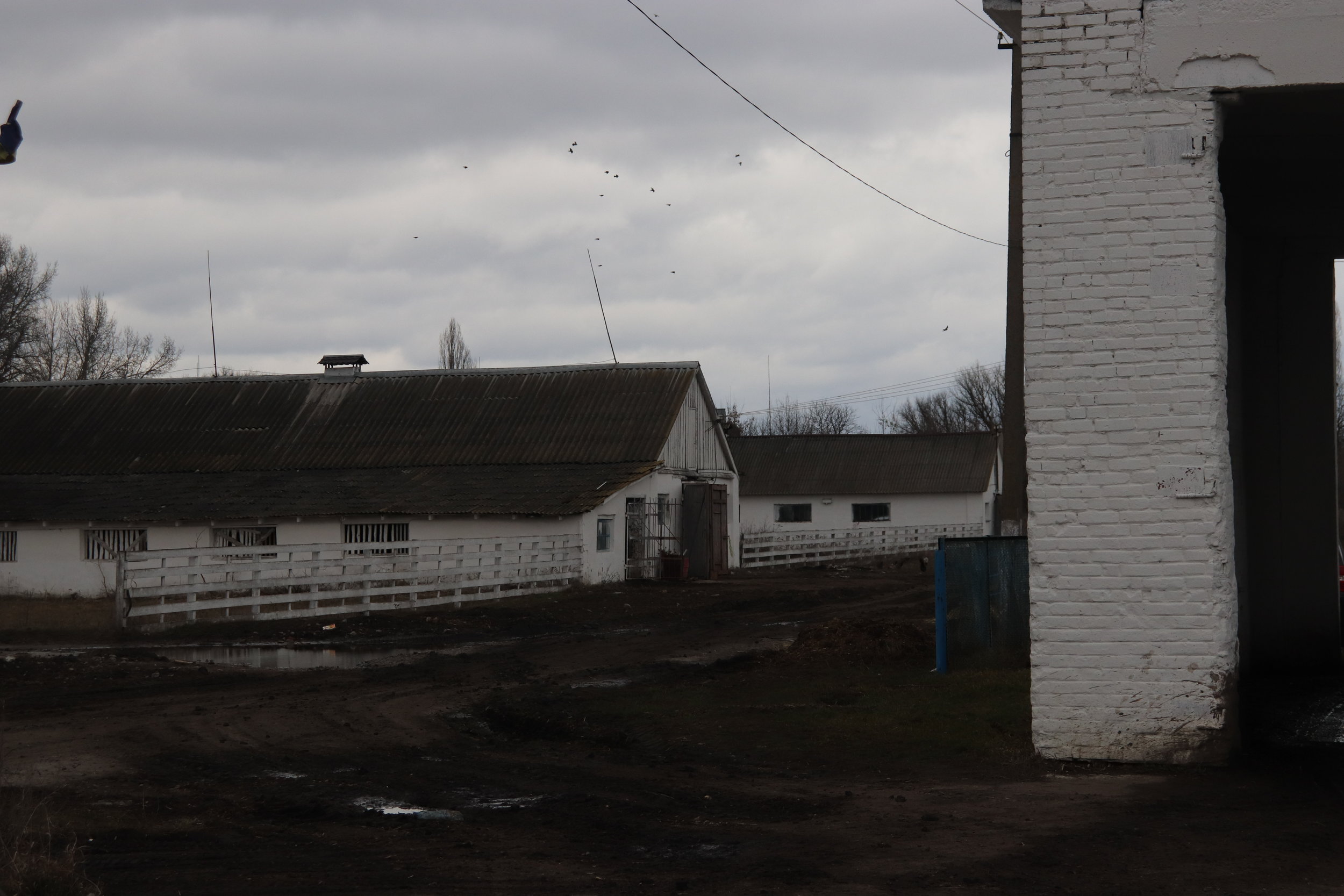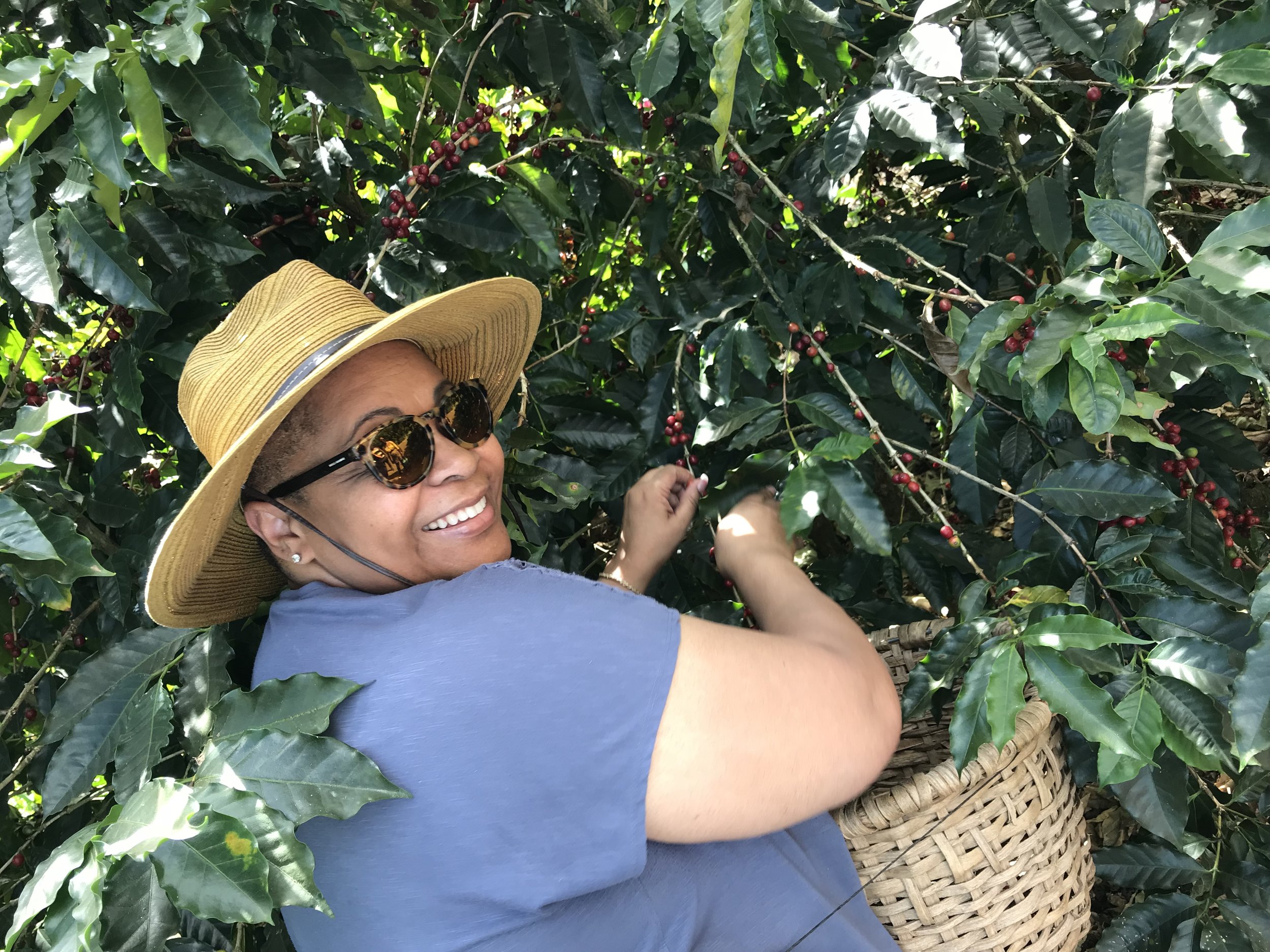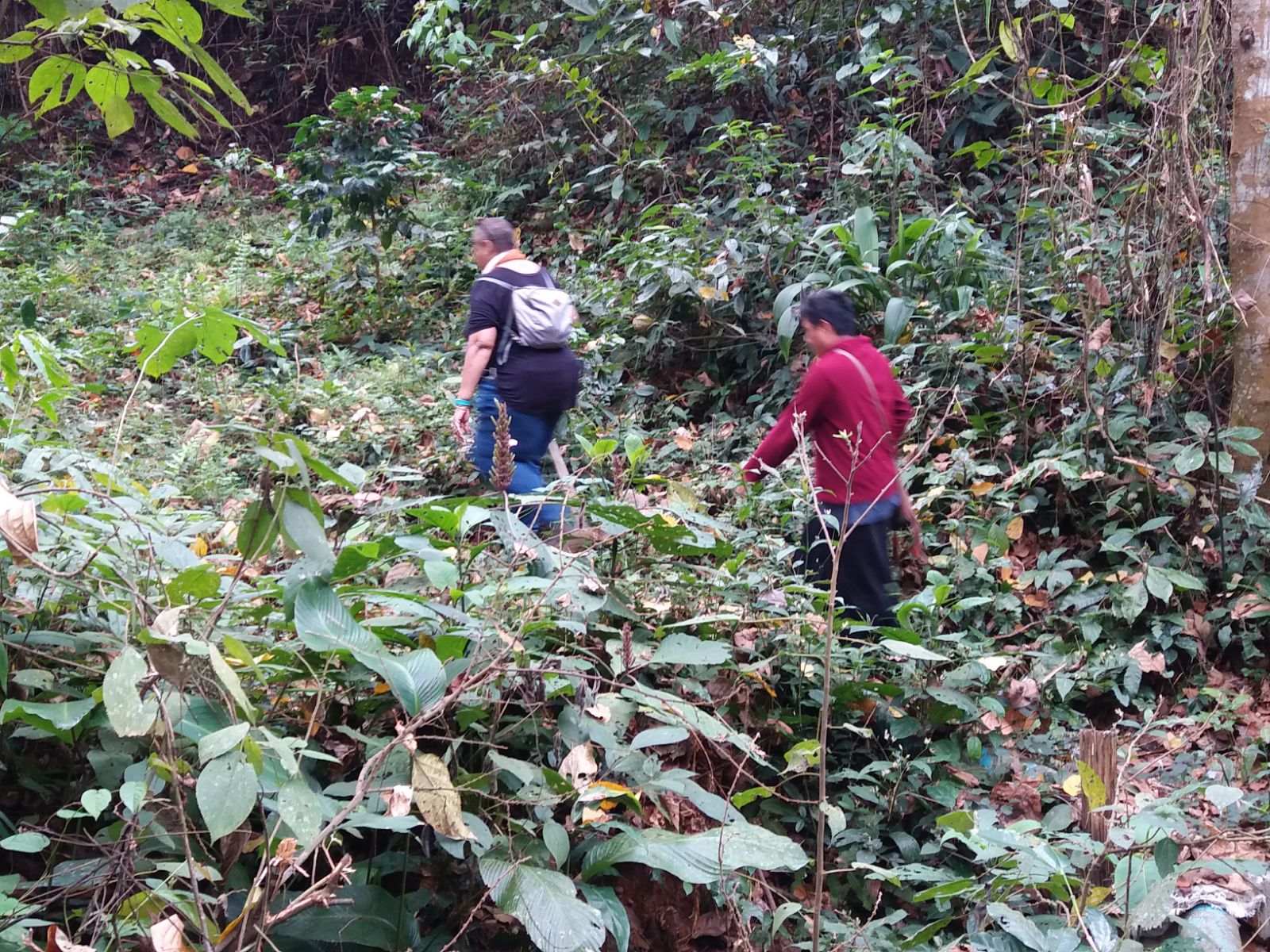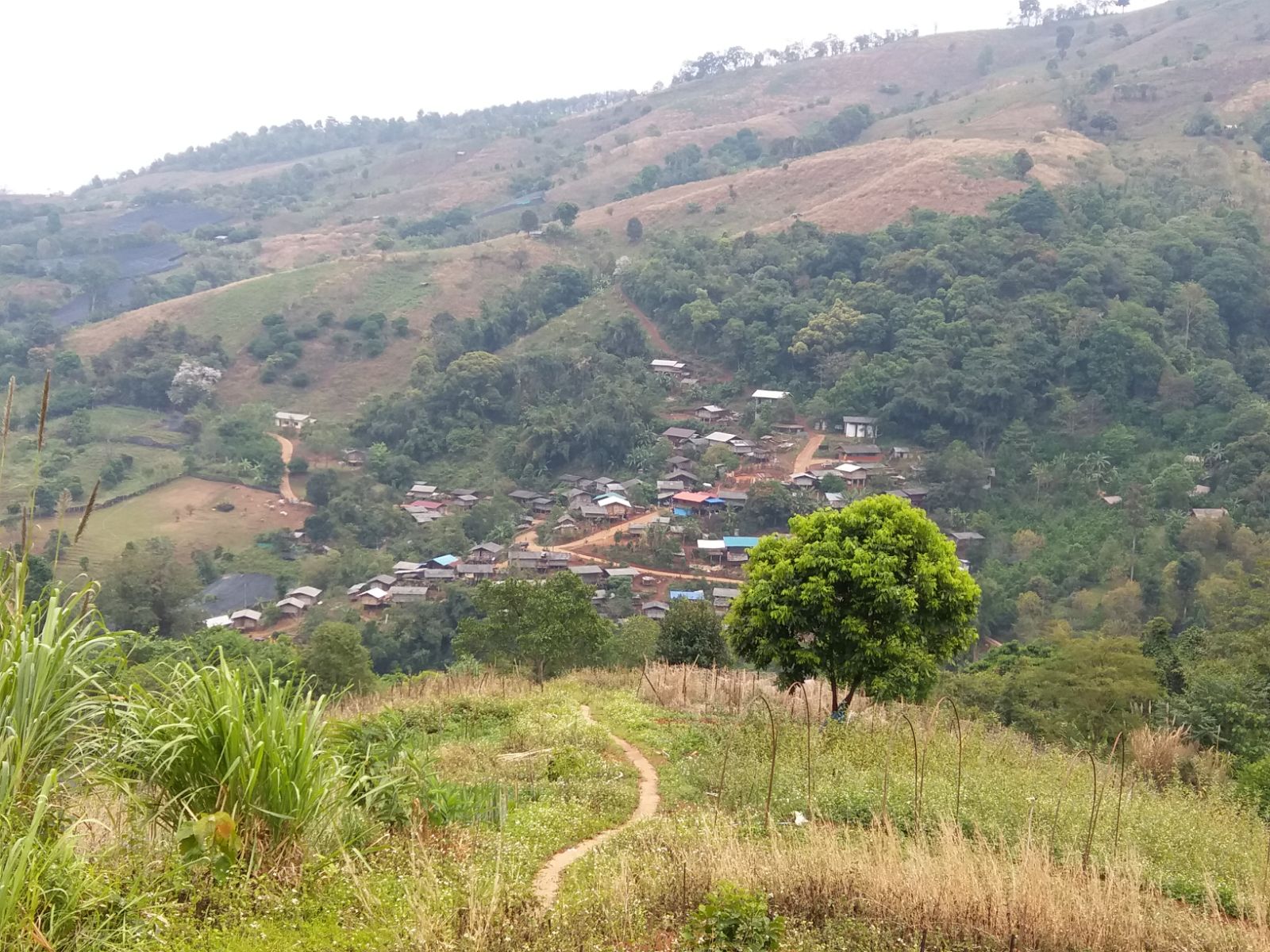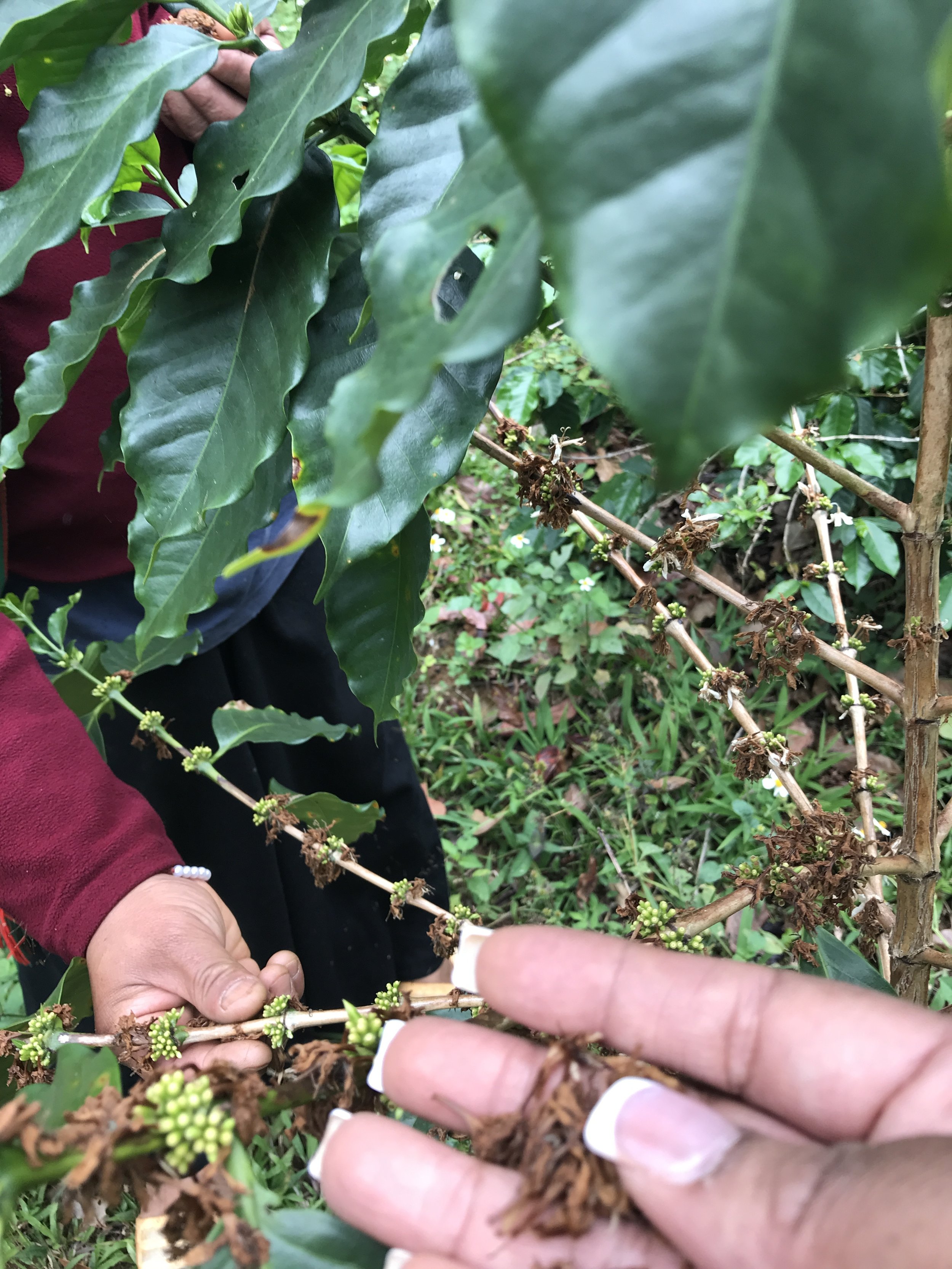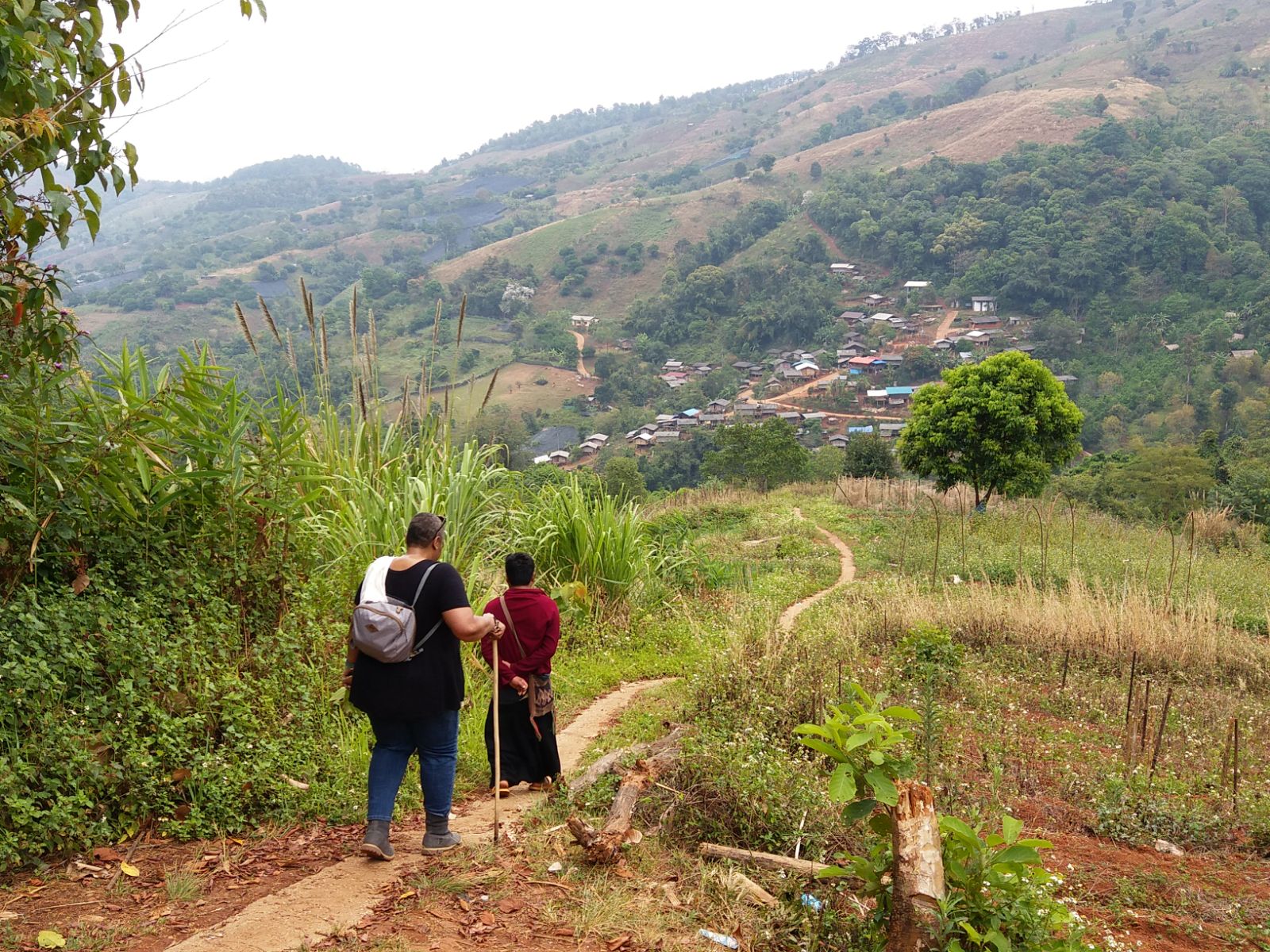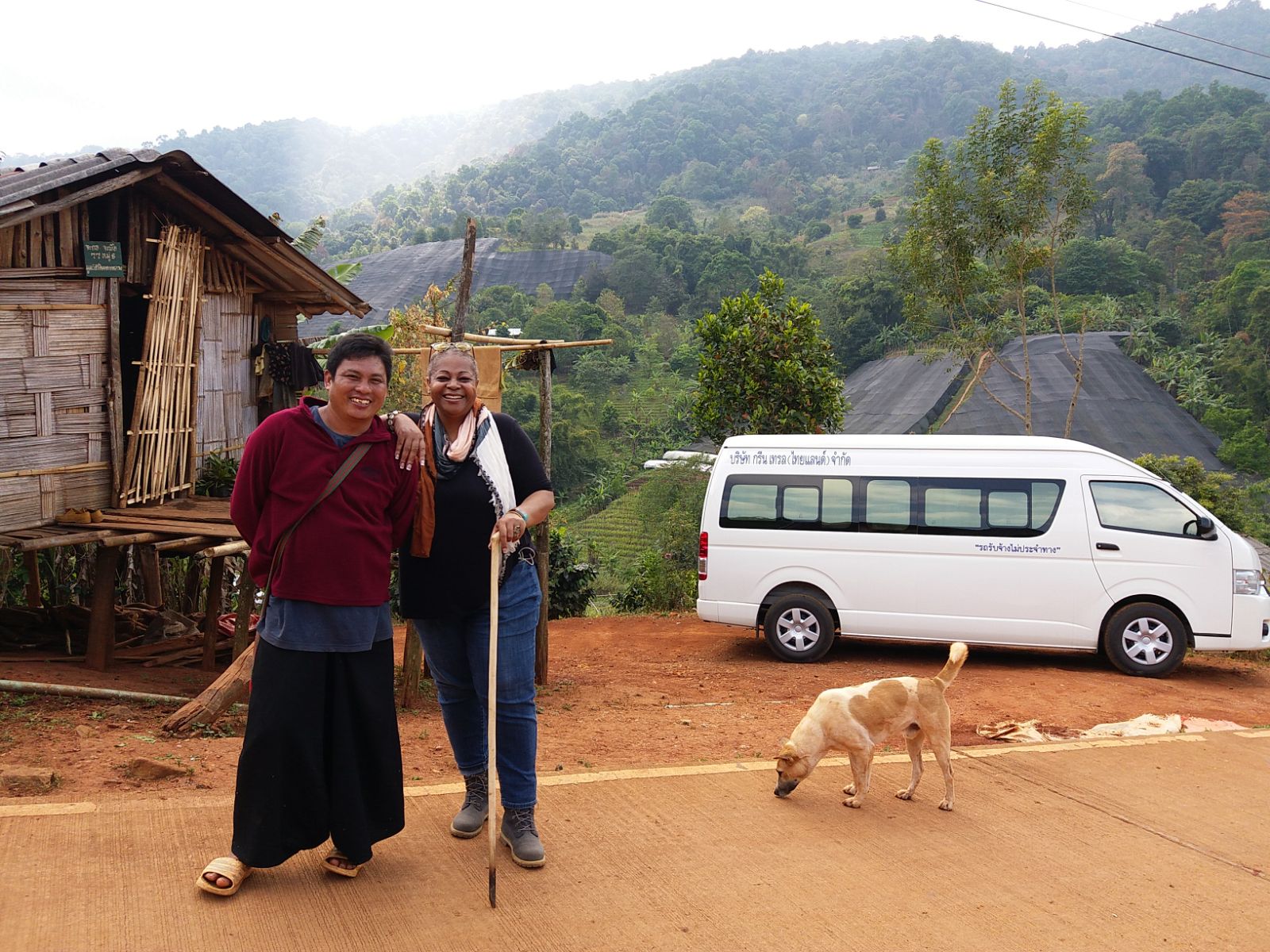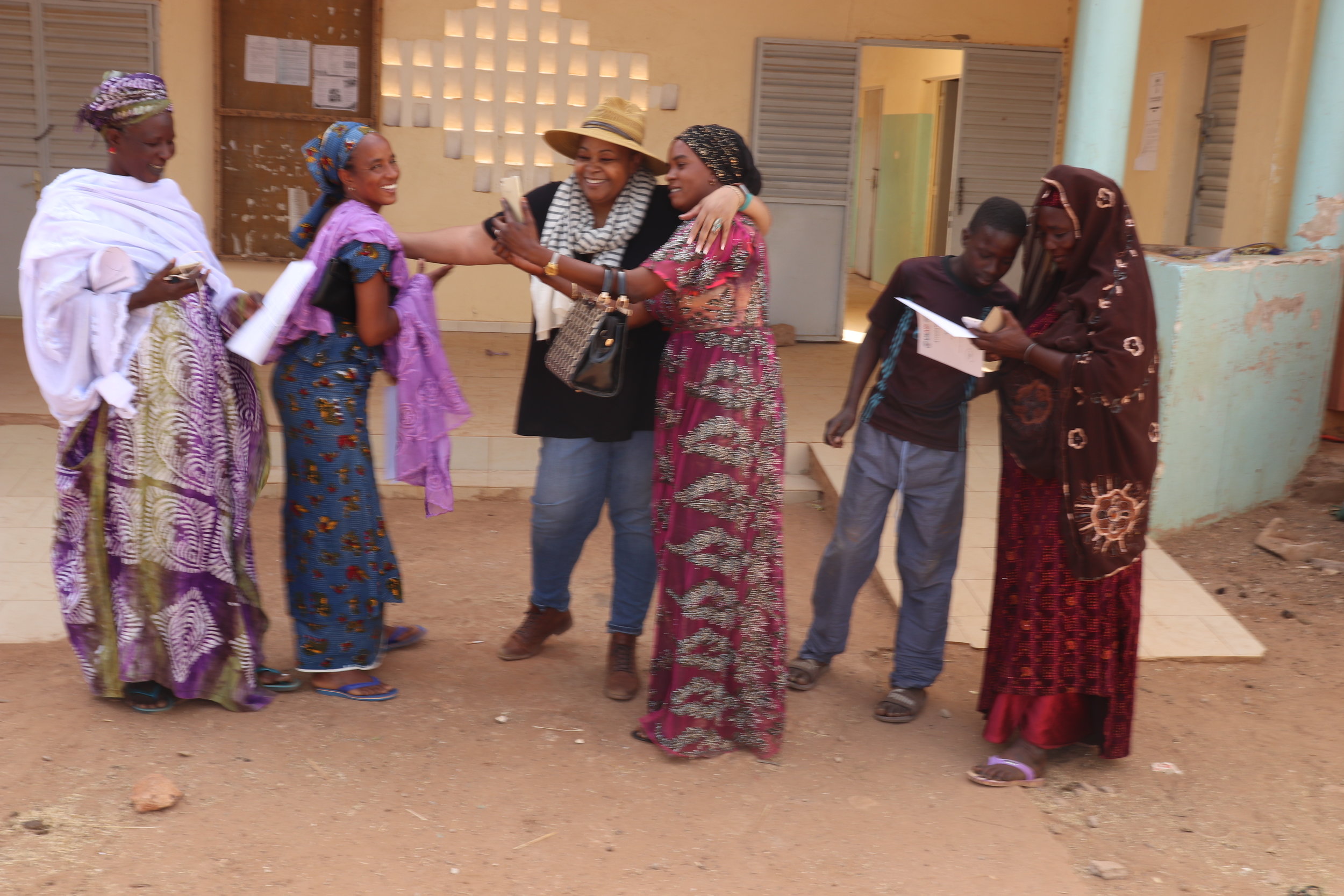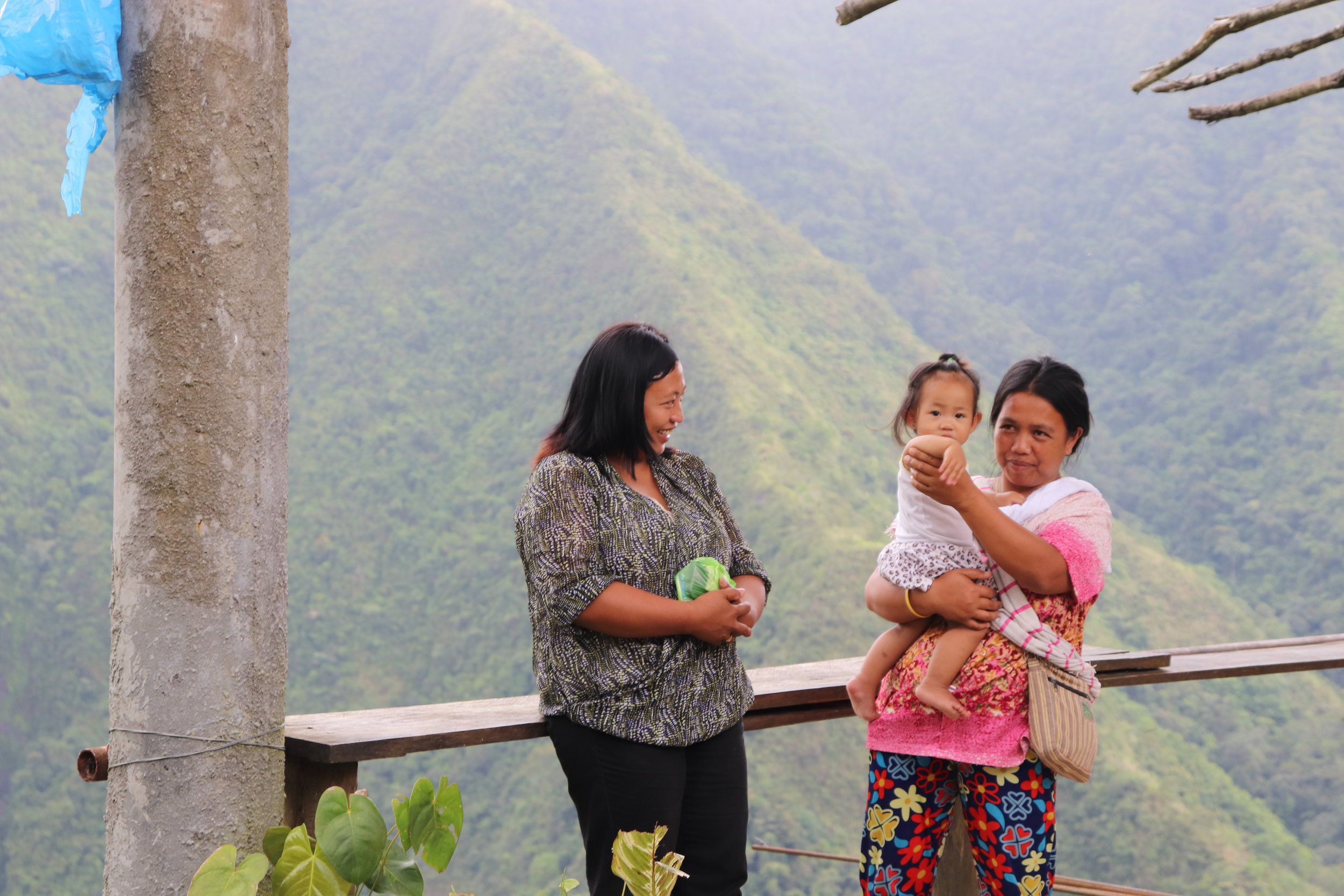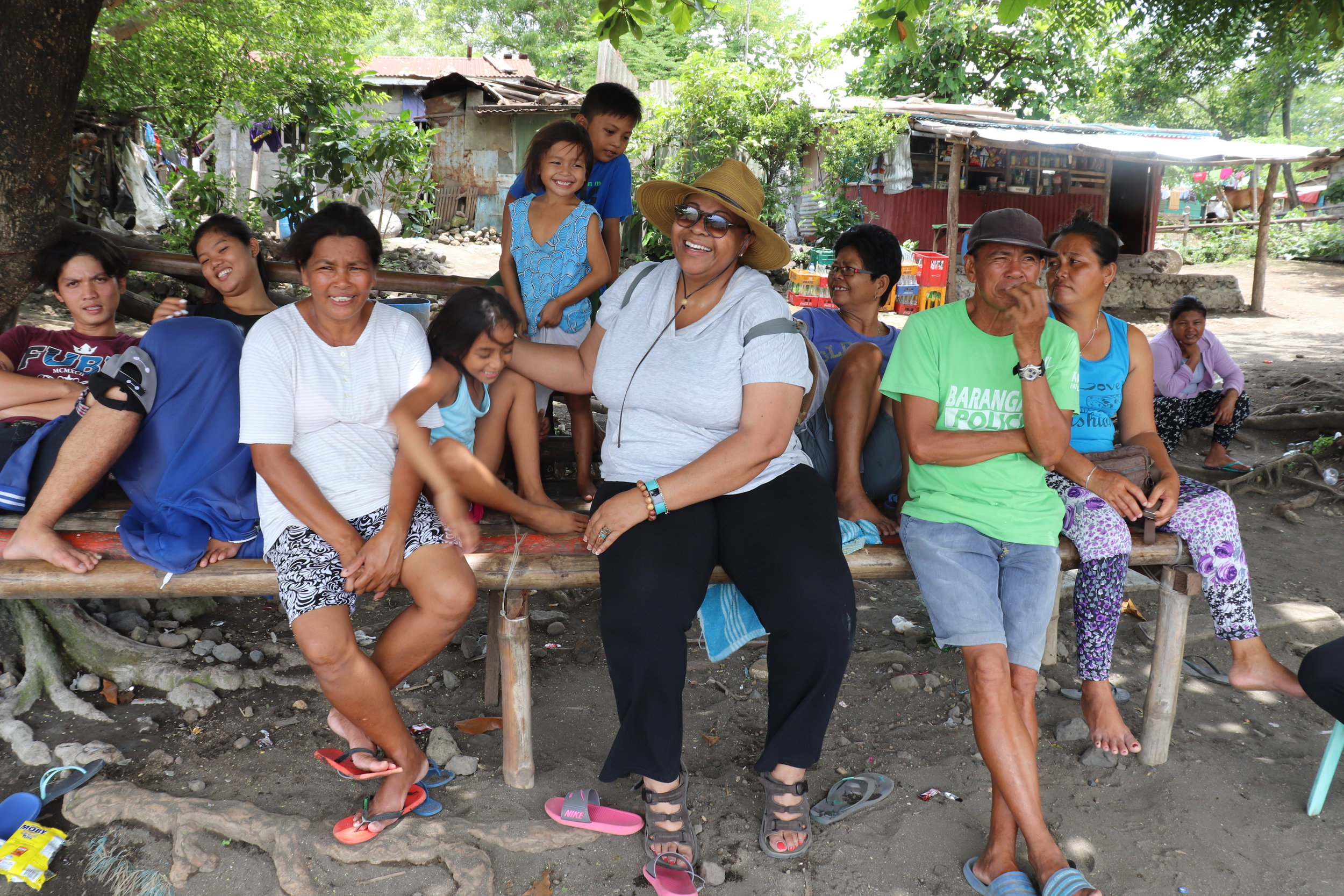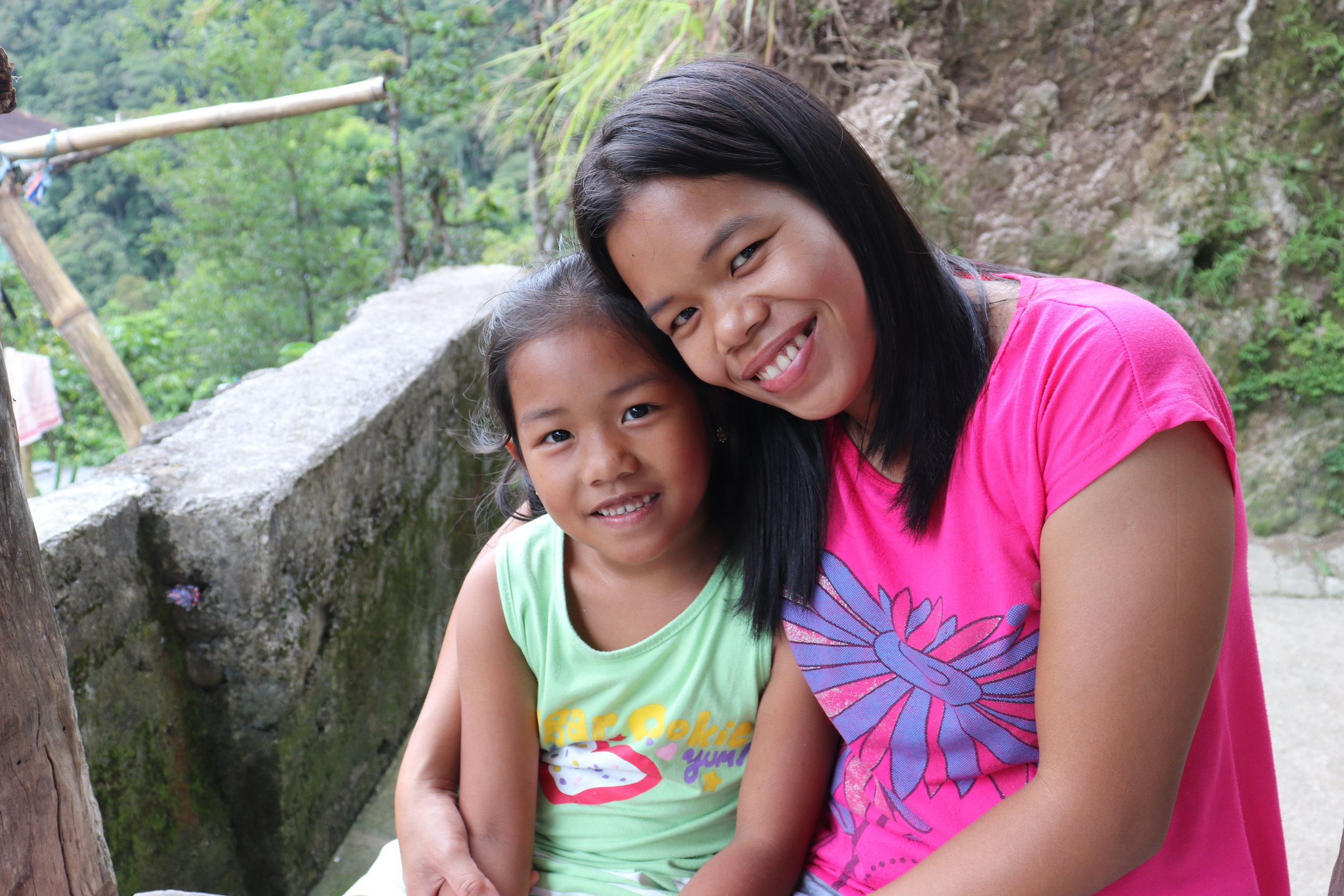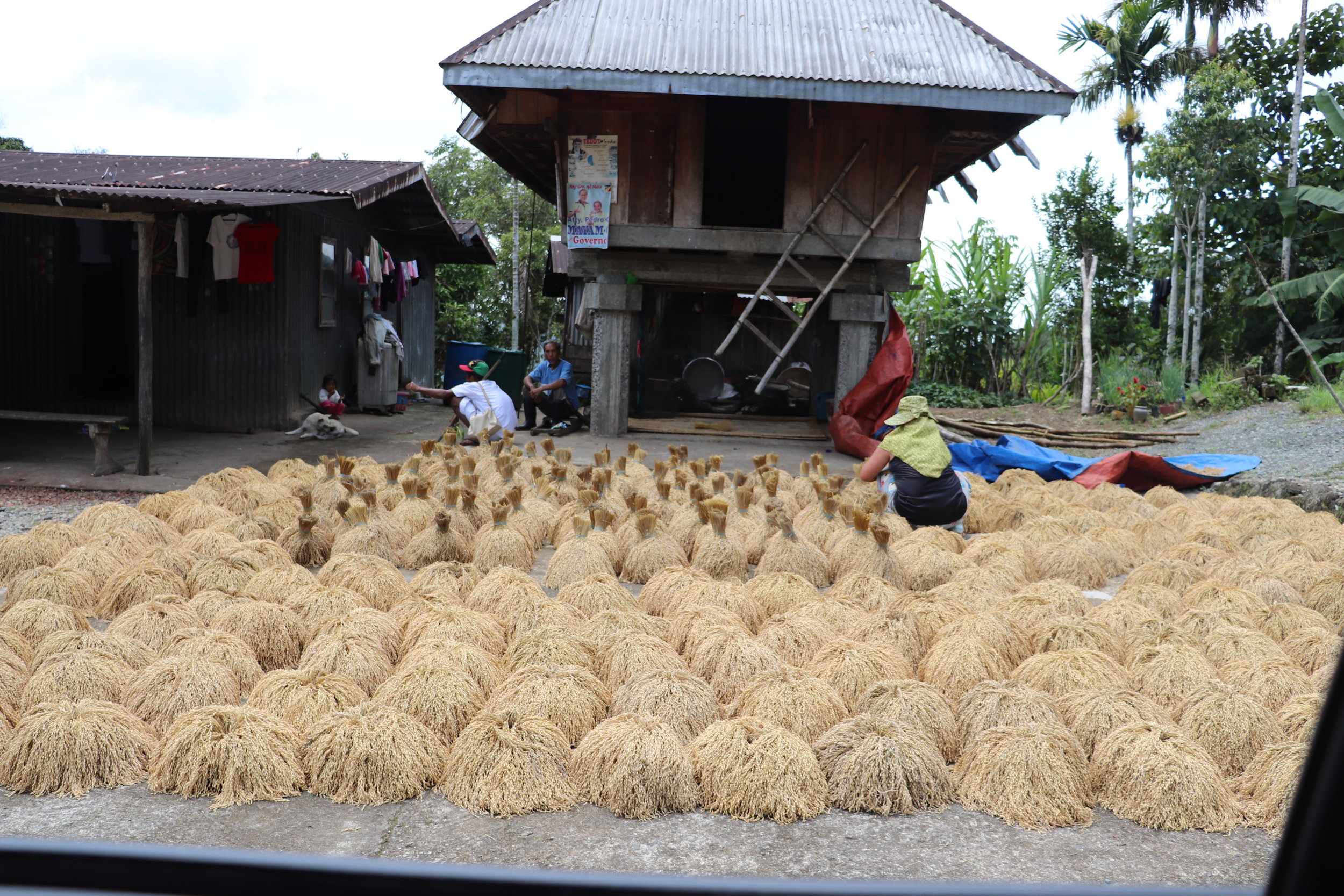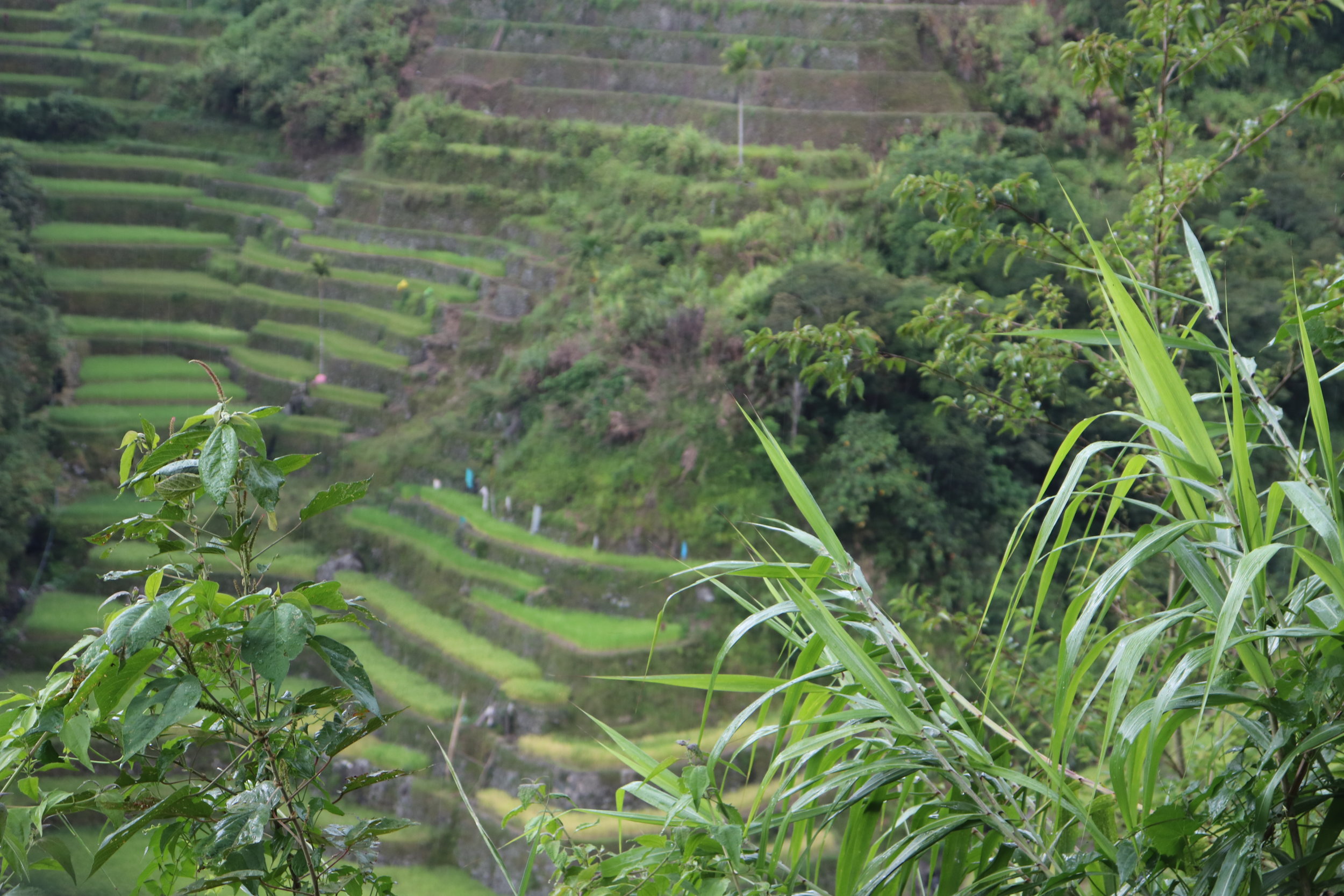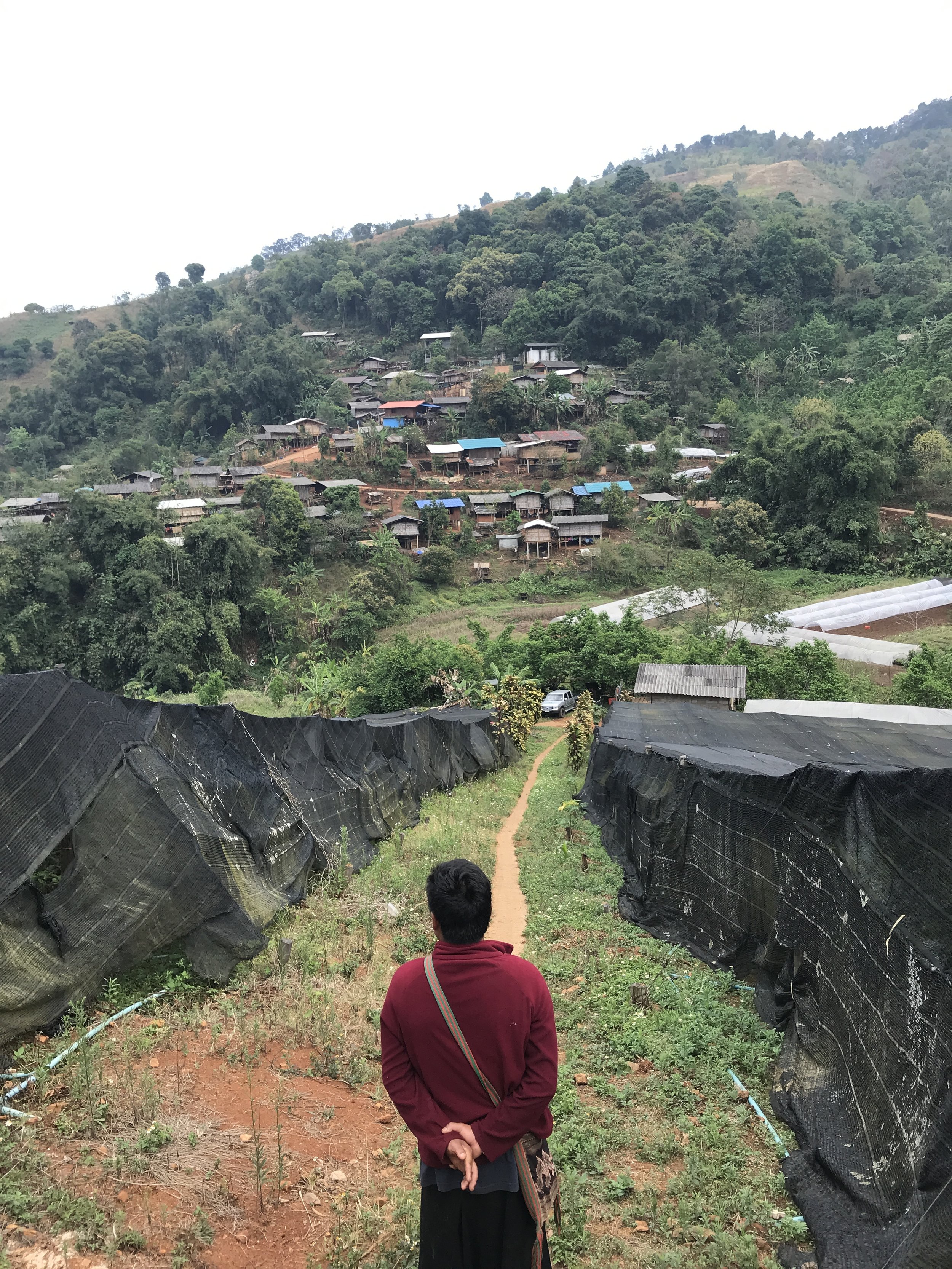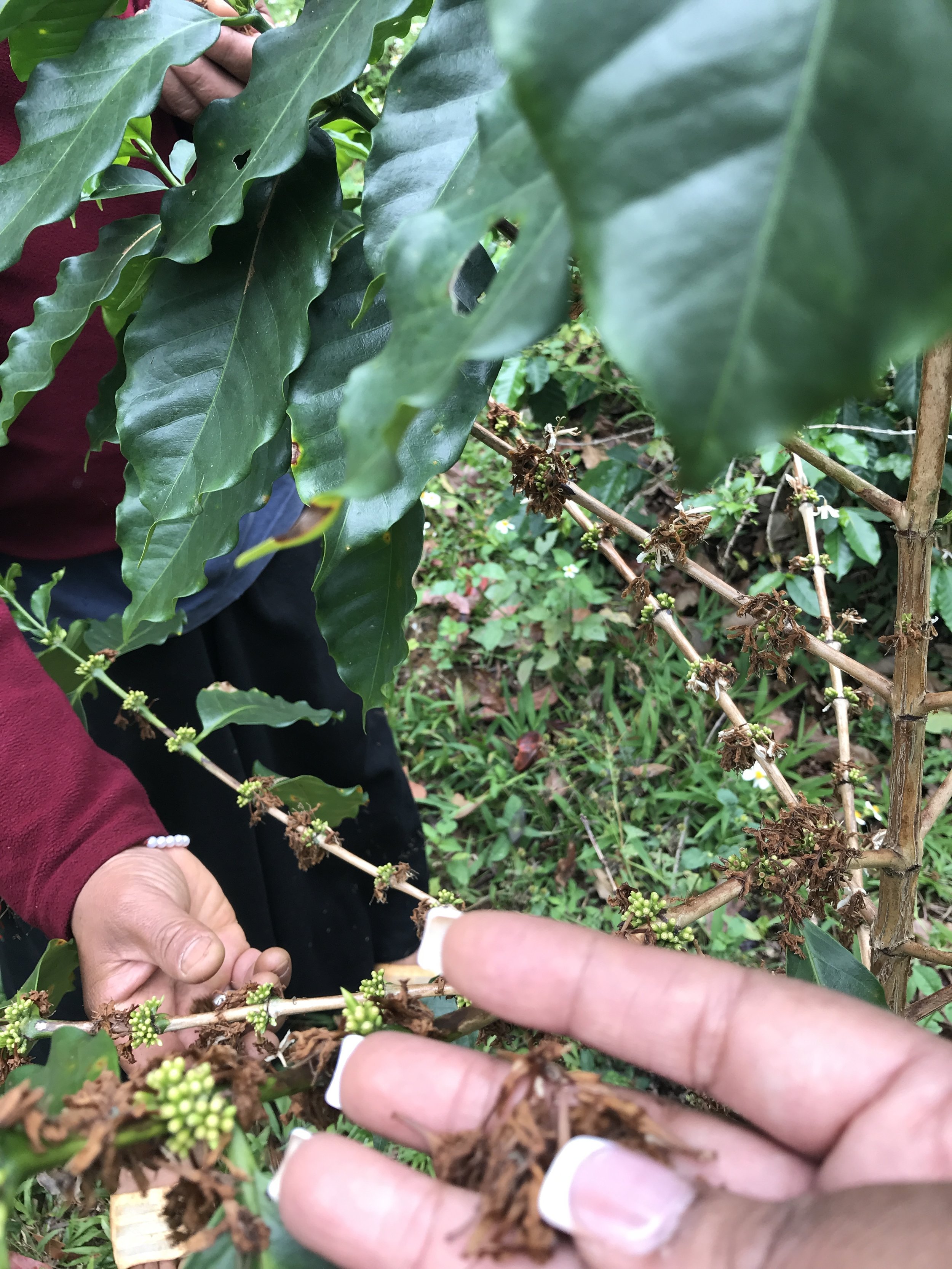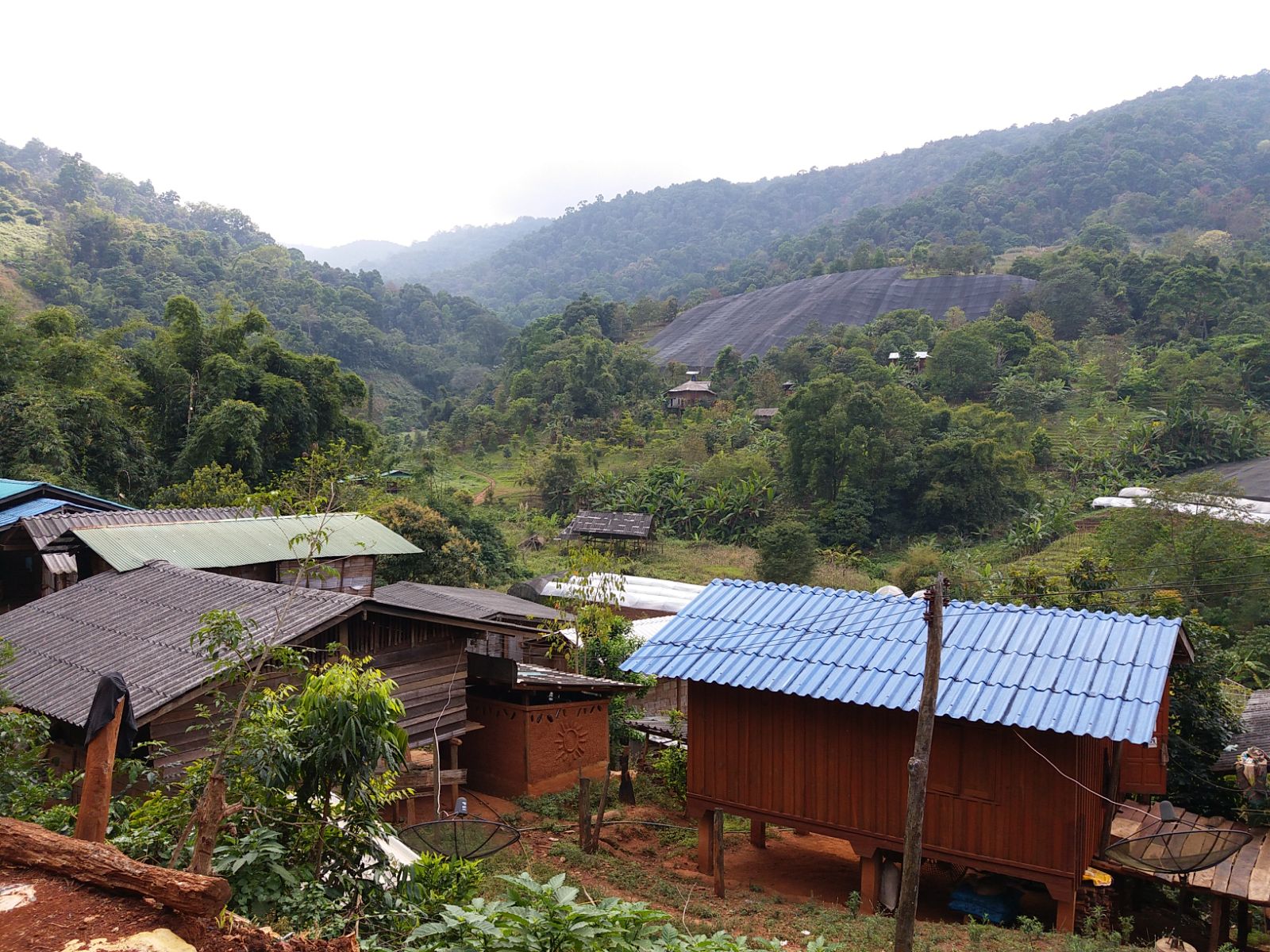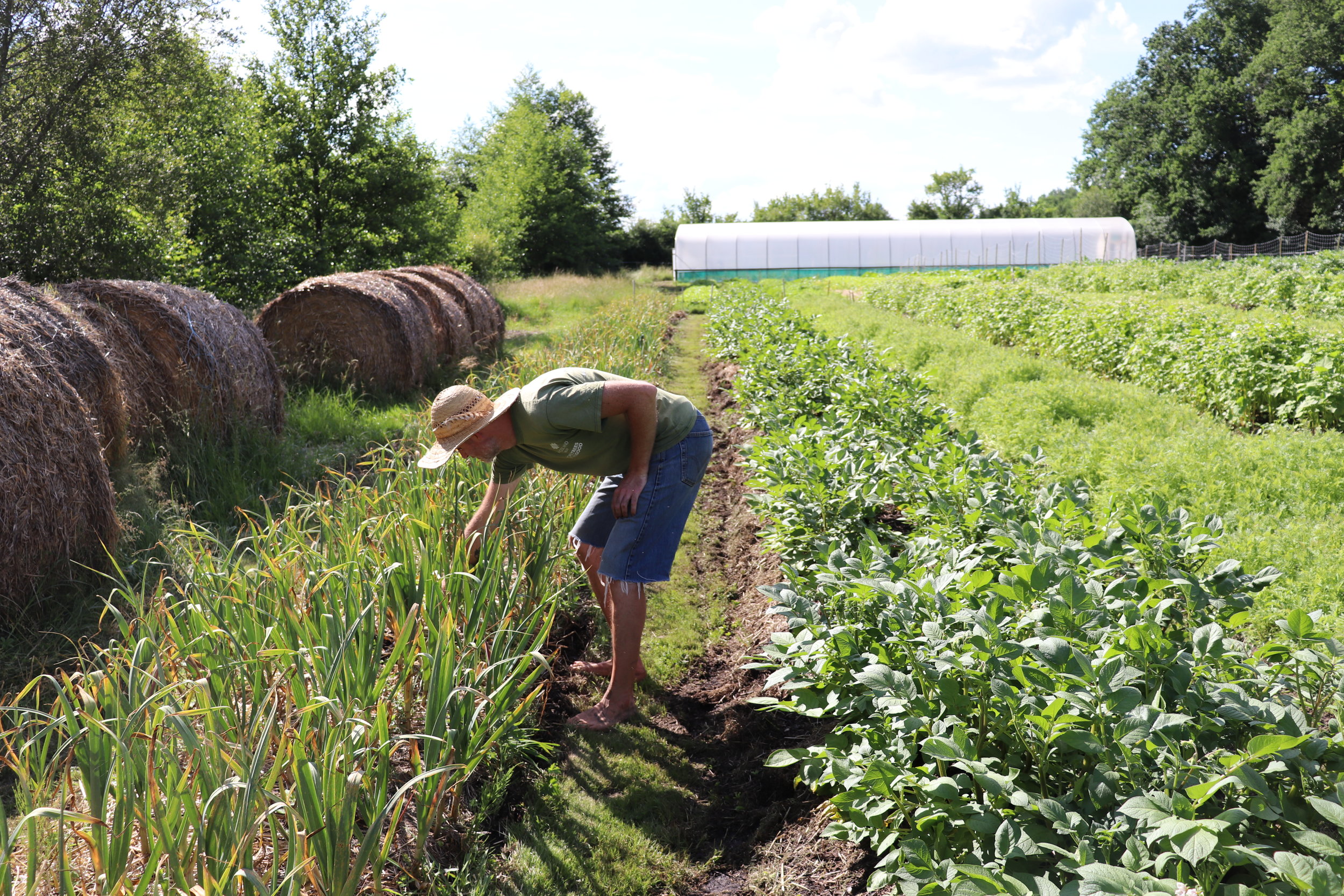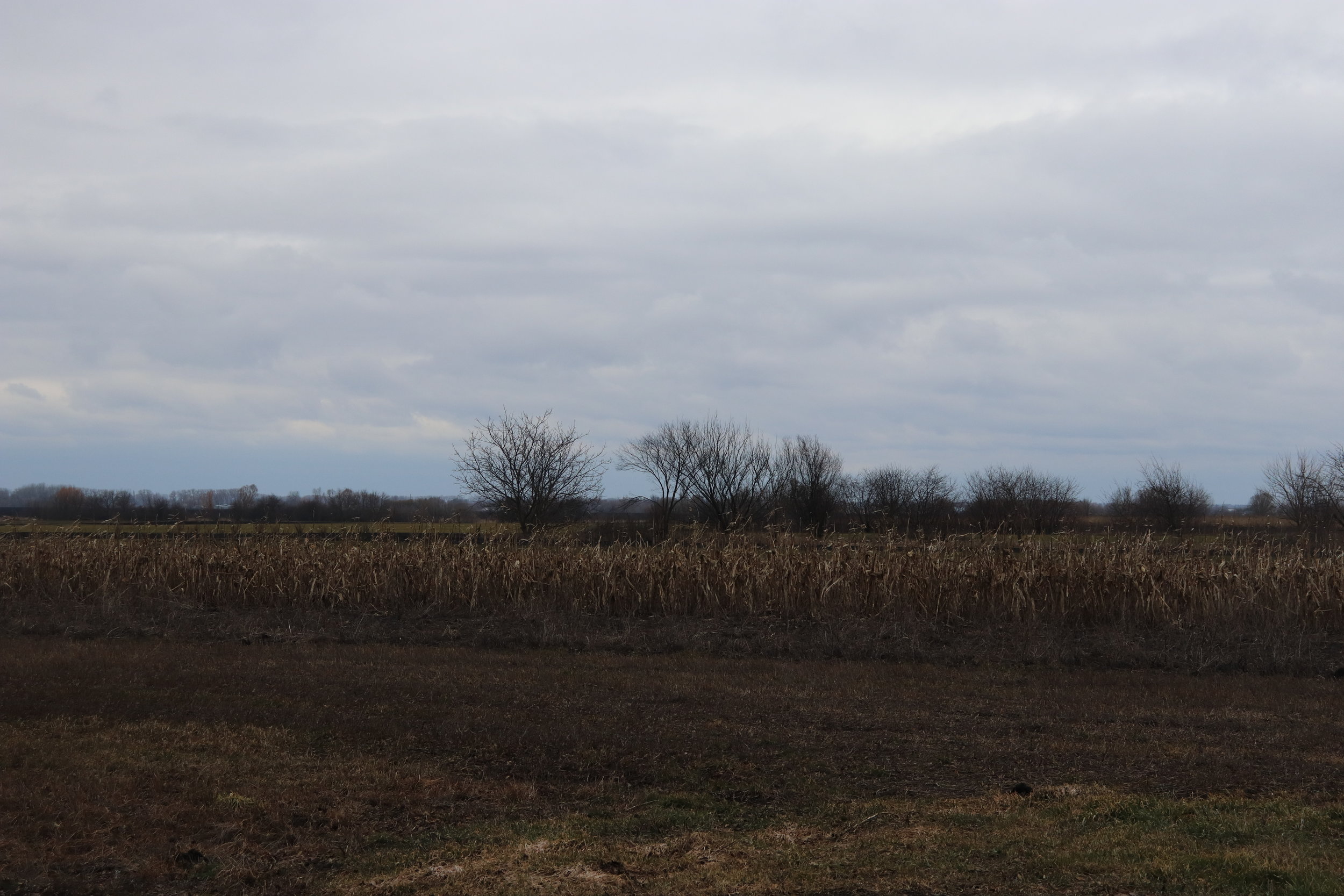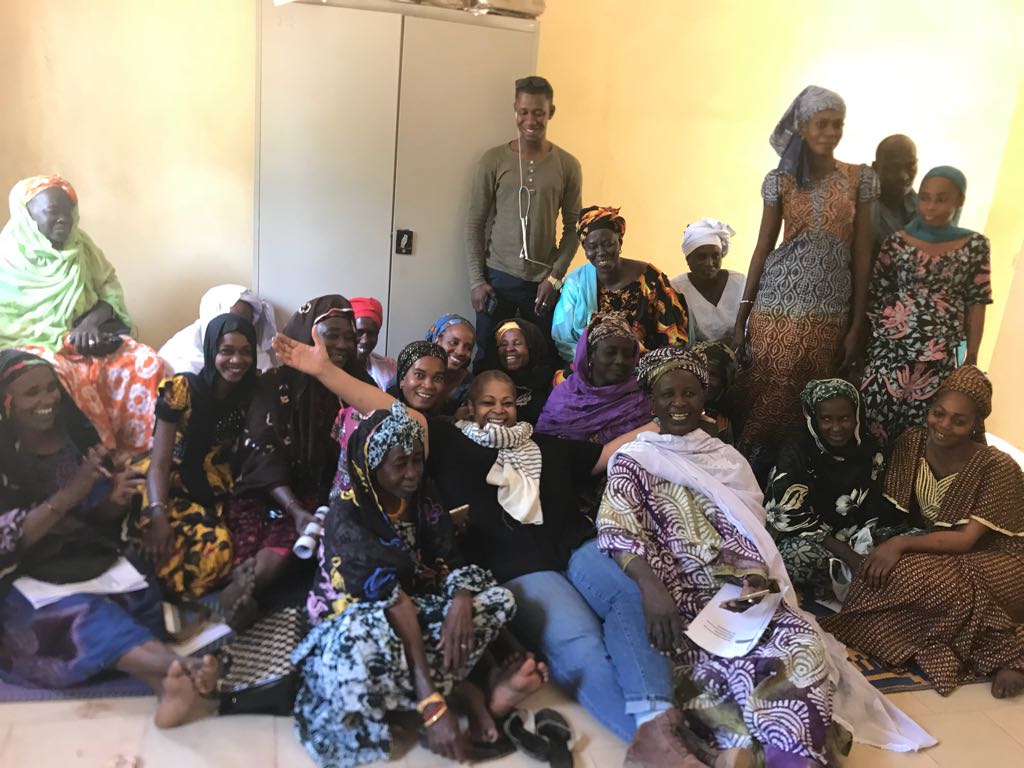DESIGNING FOR agribusiness MANAGEMENT 2050
“There’s a way to do it better — find it.”
Agribusiness is facing transformational challenges to double food production to nourish a population shifting from 7 billion people today to an estimated 9 billion people in 2050, all while meeting consumer demands for access to quality food, responding to climate changes and more . Therefore, agribusiness managers face a daunting task to design sustainability strategies that tackle agriculture's transformative challenges.
If the global agribusiness stakeholders’ real aim is towards sustainable development, then agribusiness management fundamentals must be revitalized, assumptions challenged and the multi-stakeholder value chain reimagined.
Robinson named weatherhead DM Fellow
Pamela Robinson holds the distinction of being a Doctor of Management (DM) Management Design and Innovation Fellow, Fowler Center Sustainability Fellow and Non-Profit Management Fellow with Case Western Reserve University. Robinson’s research, The Hidden Value of Sustainable Agribusiness: An Appreciative Approach Across the Value Chain, is a featured chapter in the Global Scientific Encyclopedia of Sustainability, Ethics, and Entrepreneurship, Sustainable Development Goals (SDG) Volume (scheduled release 2020). A subsequent study, How Human and Nature Connectedness Influences Sustainable Agribusiness, is a featured poster paper in the upcoming
2020 Annual Meeting—UN@75: The Future of Partnership and Multilateralism.
THE HIDDEN NATURE OF
SUSTAINABLE AGRIBUSINESS
Problem-focused/deficit gap approaches are insufficient to tackle the agribusiness transformational challenges. Positive local agribusinesses may provide valuable insights overlooked given their invisibility in the larger agribusiness value chain. Sustainability with positive organizational scholarship (POS) (abundance gap approach) offers a leveraged perspective to examine the best of what is along the agribusiness value chain.
Events:
28 May 2018 Humanistic Management PhD Network, Sustainable Agribusiness Research Presentation
10-14 Aug 2018 Academy of Management (AOM) Annual Meeting, Chicago, IL USA Theme: Improving Lives
05-09 Sep 2018 Poster Paper Presentation, The Role of Positive Deviance in Sustainable Agribusiness, Engaged Management Scholarship Conference, Philadelphia, PA USA
15-16 Sep 2018 AIM2Flourish Positive Change Story - The Biophilia Effect in Sustainable Communities: Serenbe
20 Sep 2018 Center for Positive Organizations, Adderley Positive Research Incubator, University of Michigan, USA (This event is for invited researchers only).
21 Sep 2018 Appreciative Inquiry Co-facilitator for Sustainable Cleveland Summit
24-26 Sep 2018 Advanced Workshop in Appreciative Inquiry (Certification Capstone), Case Western Reserve University
06 Oct 2018 Green Market — Connecting sustainable communities to local farmers. Farm-to-Park. Piedmont Park. Hands on Atlanta Day Volunteer Video
13 Oct 2018 Rivers Alive: Georgia’s Annual Waterway Cleanup. Etowah & Chestatee River Volunteer Project
31 Oct 2018 Greater Cleveland Food Bank — Sorting Project — 4,951 lbs. of produce.
02 Nov 2018 Poster Presentation, The Hidden Nature of Sustainable Agribusiness, DM Alumni Reception, Case Western Reserve University
14 Nov 2018 Guest Speaker to Early Advantage MBA Program, International Business and Social Entrepreneurship - Rollins College, FL
5-6 Jun 2019 Positive Organization Scholarship Research Conference, Organization and Sustainability Presenter: The Hidden Nature of Sustainable Agribusiness: An appreciative approach across the value chain
27 Feb-1 Mar 2020 Sustainability, Ethics & Entrepreneurship (SEE) Conference, San Juan, Puerto Rico
25-27 Jun 2020 How Human and Nature Connectedness Influences Sustainable Agribusiness Poster Paper Presentation, 2020 Annual Meeting-UN@75: The Future of Partnership and Multilateralism, London Metropolitan University, United Kingdom
sustainable agribusiness development
Stories worth sharing--Partnered with the Farmer-to Farmer program (F2F), Robinson helped 68 members of an agri-coop in Senegal. Within 15 months this Senegal village doubled their revenue, increased member businesses from 68 to 120 due paying businesses. The agri-coop became profitable with cash in the bank; used profits to buy sheep and add two additional revenue generating activities to their offerings, built a permanent storage building to store products due to their growth. They now have financial books and internal controls in place. In addition, the leaders in the agri-coop set up accounts to address social issues in the community. Finally, the collective agri-coop is protecting the environment by using only organic materials for planting and natural ingredients in their soap making activities.
Agribusiness train-the-trainer program
Following positive impact success in agribusiness financial management training, Robinson designed agribusiness train-the-trainer programs which are impacting over 90 villages and thousands of people’s livelihoods.
“I come as one, but stand as 10,000”





